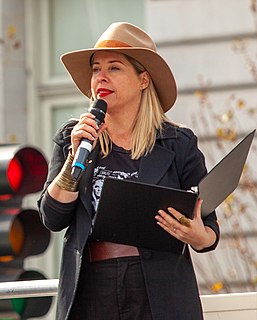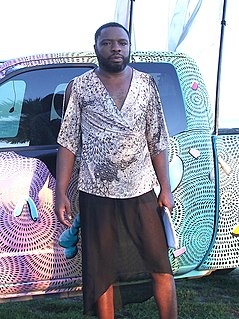A Quote by Jennifer Pahlka
Before I started Code for America, I spent my career around startups. First it was game developers, small teams trying to make hits in a tough business. Then, when I started working on the Web 2.0 events, it was web startups during times of enormous opportunity and investment.
Related Quotes
You can fake a lot in a startup these days, what with Amazon Web Services and all sorts of off-the-shelf back-end components that let any even minimally competent duffer set up a Web app that does something. Intelligent planning for growth is rare among early startups, but it's the name of the game at a large, rapidly scaling tech company.
Companies that acquire startups for their intellectual property, teams, or product lines are acquiring startups that are searching for a business model. If they acquire later stage companies who already have users/customers and/or a predictable revenue stream, they are acquiring companies that are executing.
The community of developers whose work you see on the Web, who probably don't know what ADO or UML or JPA even stand for, deploy better systems at less cost in less time at lower risk than we see in the Enterprise. This is true even when you factor in the greater flexibility and velocity of startups.
Suddenly, I realized how tough trying to structure a story like this is. It was a lot of work. The one big advantage that we had was that we had eight scripts written before we started shooting, or even started casting. We had a really good opportunity to look at it and figure out where we were going to go and how to do it. Once we got a cast, which I love, then we started doing some revisions to make sure that they fit into it.
The 10th Annual Webby Awards represent an extraordinary opportunity to celebrate the evolution of the web from an esoteric medium to the driving force shaping popular culture, business, and society today, .. As the web enters its second decade as an integral part of everyday life, our expanded categories recognize those who are pushing the web in exciting new directions.

































